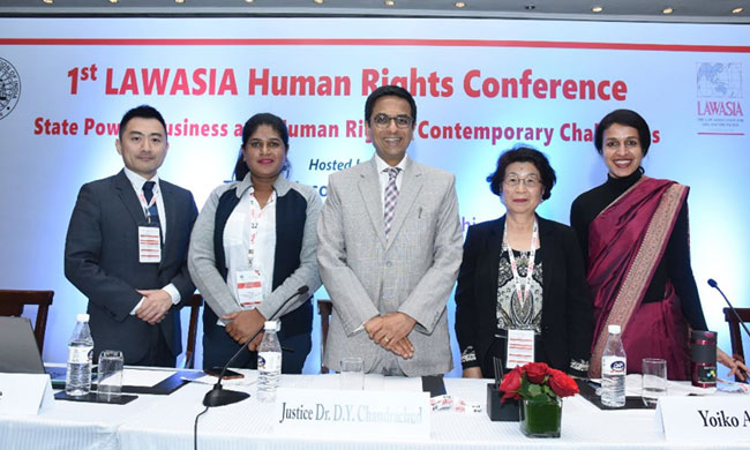First day of the LAWASIA Human Rights Conference witnessed a discourse on the developments across the ESCAP region with respect to legal approaches to gender, the decriminalisation of homosexuality, and measures to reduce discrimination.The Chair, Indian Supreme Court judge, Justice Dr. D.Y. Chandrachud noted that despite significant legal gains in the field of gender and sexuality rights,...

